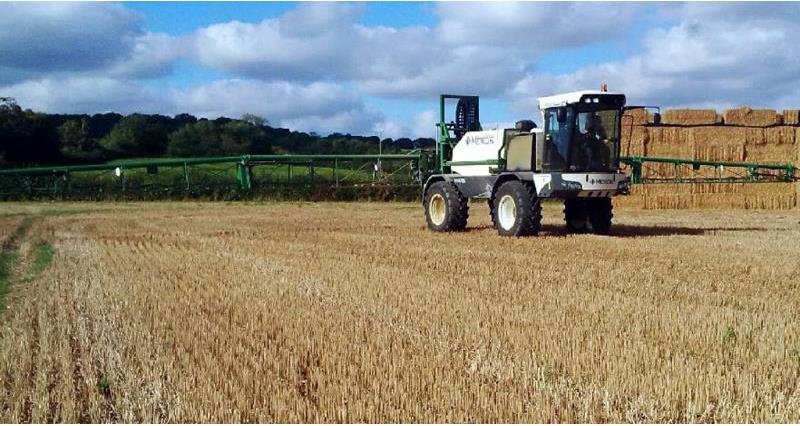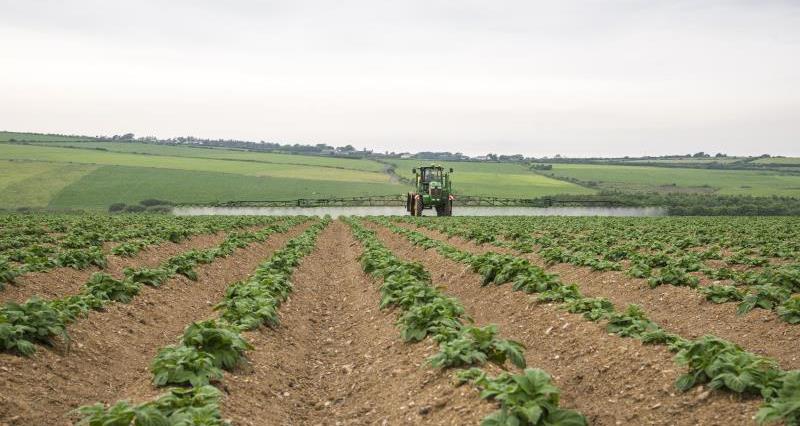Potato cyst nematode or PCN continues to be a serious challenge for UK potato growers, costing the industry an estimated £50 million annually.
With up to 65% of UK potato-growing land infested according to Defra, PCN is recognised as the most significant pest in UK potato production, adversely impacting both yield and quality.
To combat this, the granular nematicide fosthiazate is an essential tool as part of an integrated programme of control.
Controlling PCN responsibly
An integrated approach that combines nematicides with cultural controls offers the best strategy for managing PCN and maintaining crop health.
However, as the range of alternatives to nematicides is limited, protecting active ingredients like fosthiazate is critical for the industry’s future. Adopting and maintaining safe application practices is therefore vitally important to offer growers effective options in their crop protection toolbox, preserving the availability of these critical tools for the future.
Getting ready for nematicide application
To make sure you are ready to apply granular nematicides this year, check:
- Mandatory qualifications: Every operator must hold a PA4 or PA4G certification.
- Annual knowledge updates: Make sure operators are registered with NRoSO (National Register of Sprayer Operators) and have completed the free online NIAB granular nematicide stewardship course. Completing the course also achieves four BASIS CPD points and one NRoSO CPD point.
- Applicator checks: Nematicide applicators should undergo NSTS testing at least once every two years, although some farm assurance schemes require annual testing.
What PA certificates do you need?
PA (pesticide application) certificates are required by law for anyone who is applying PPPs (professional plant protection products) to plants on a commercial basis.
PA certification is keenly checked by farm auditors and inspectors, and with a wide range of spray application equipment used on farm, and a wide range of PA certificates to match, it can sometimes be tricky to ensure you are being fully compliant.
To help, BASIS and City & Guilds have put together a clear guide, detailing what certification is needed for different spray equipment.
NSP best practice protocol for safe and effective application
To help growers apply granular nematicides responsibly, a six-step ‘best practice protocol’ was developed by the NSP (Nematicide Stewardship Programme).
The NSP is a cross-industry group which includes representatives from Syngenta, the AIC, FPSA, NFU and PPA, as well as many independent food groups.
This initiative encourages safe and responsible use, with a focus on ensuring that all operators are properly qualified and equipped to apply granular nematicides.
The six steps are:
1. Qualify
Make sure operators meet the qualification requirements highlighted.
2. Calibrate
Machinery must be professionally calibrated every two years.
3. Single pass
Apply and fully incorporate nematicides within a single pass.
4. Shut off
Applicators must have the facility to shut off granule flow before the row end.
5. Spillages
Bury small spillages immediately.
6. Check
Check treated fields 12-24 hours after application to ensure there are no adverse effects to wildlife.




